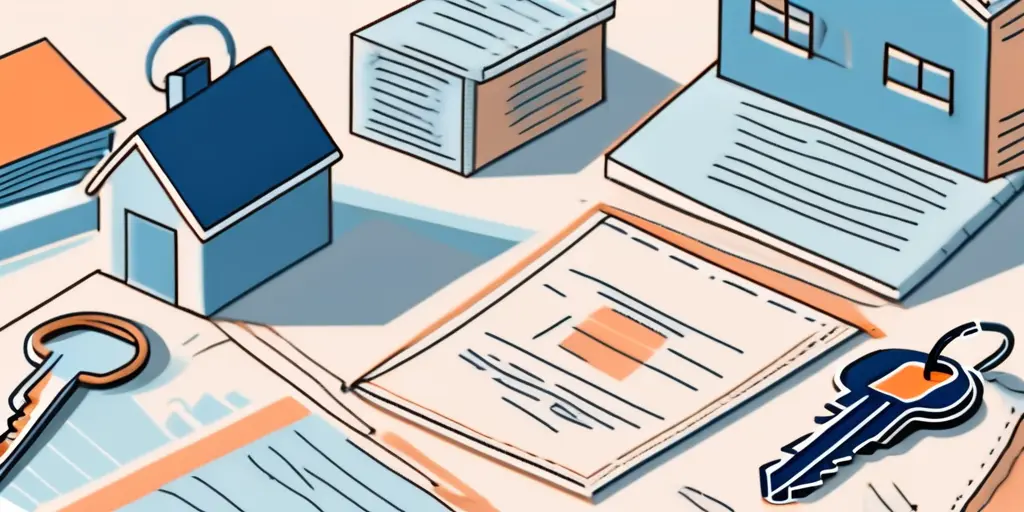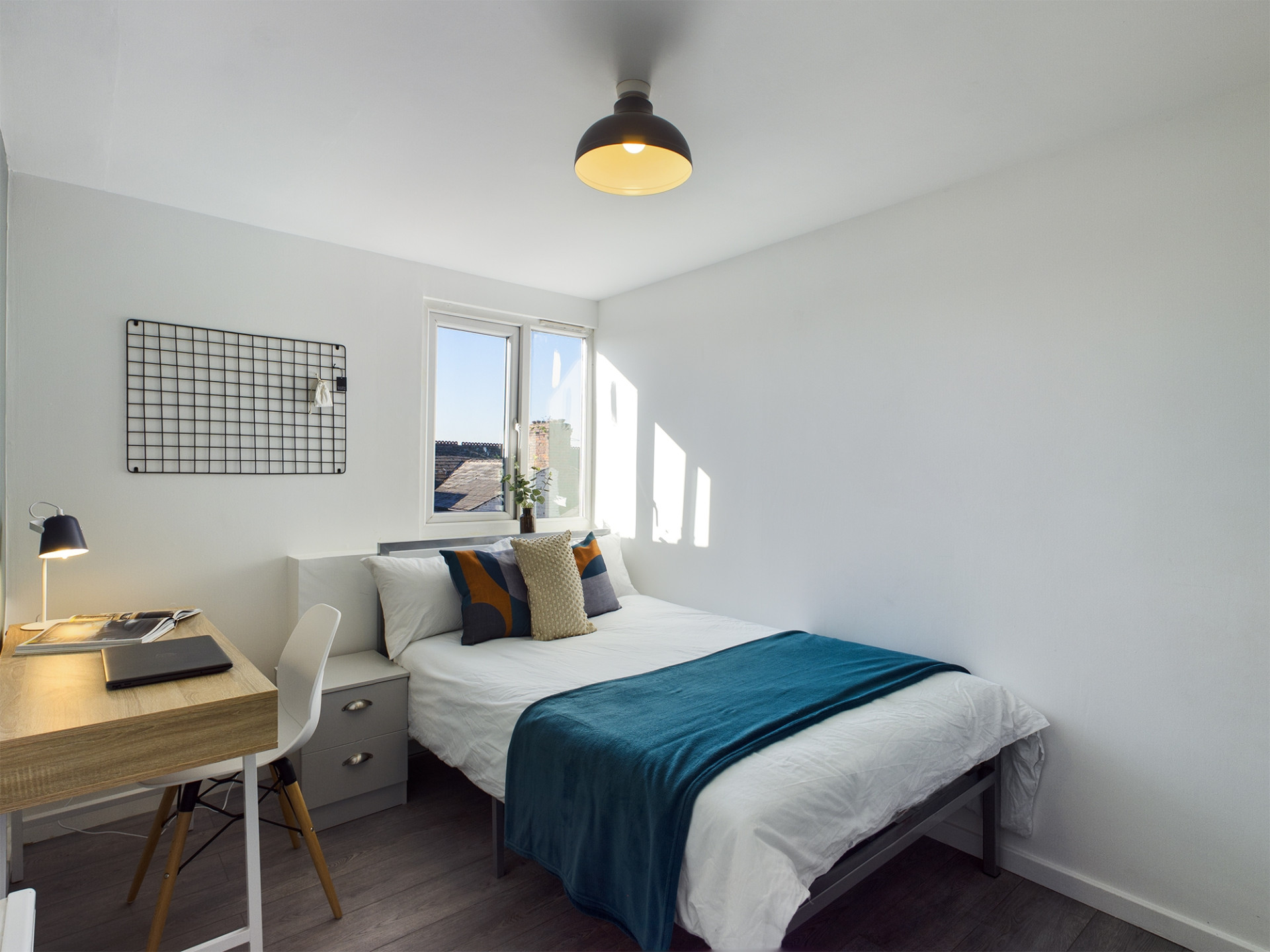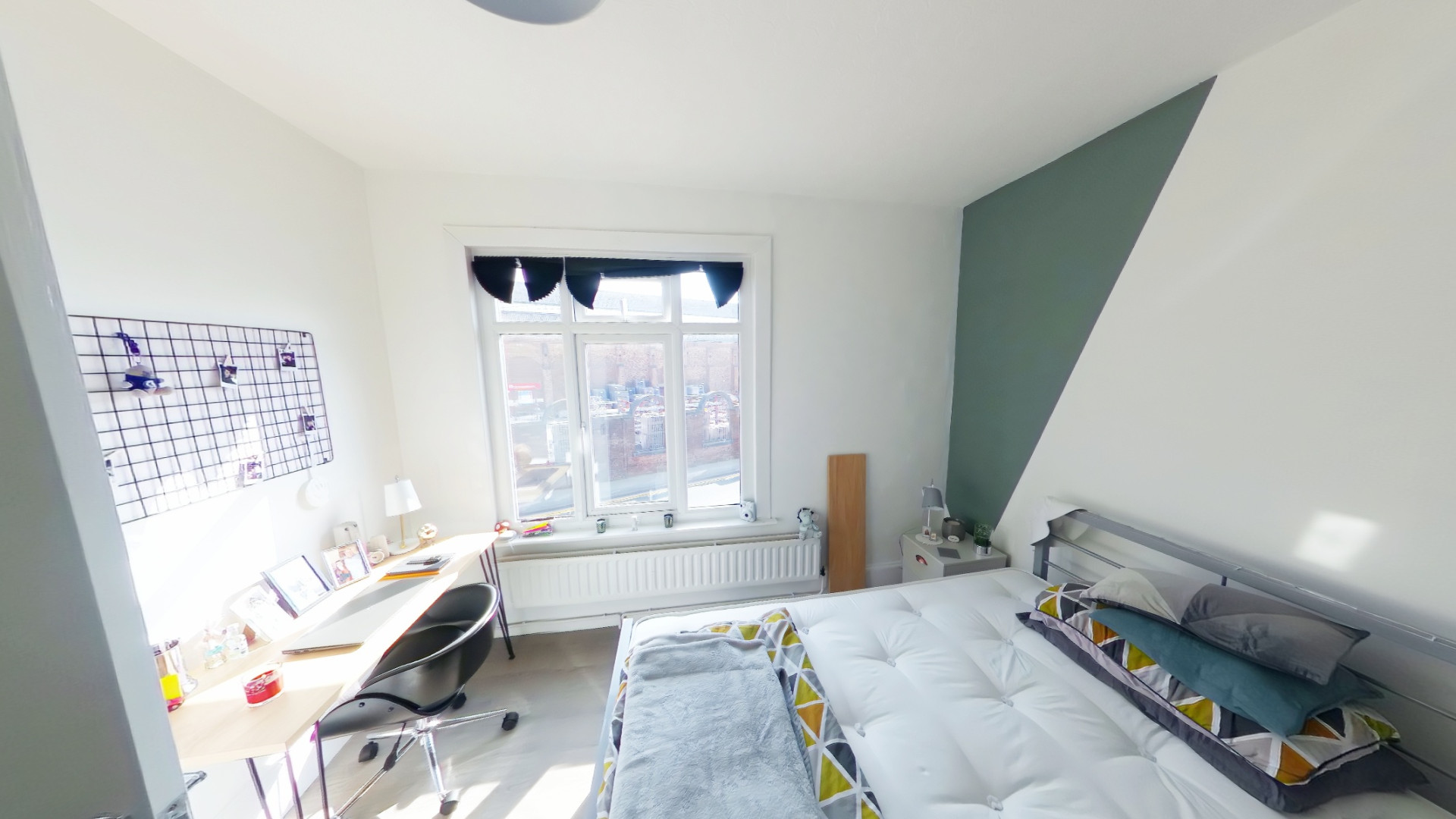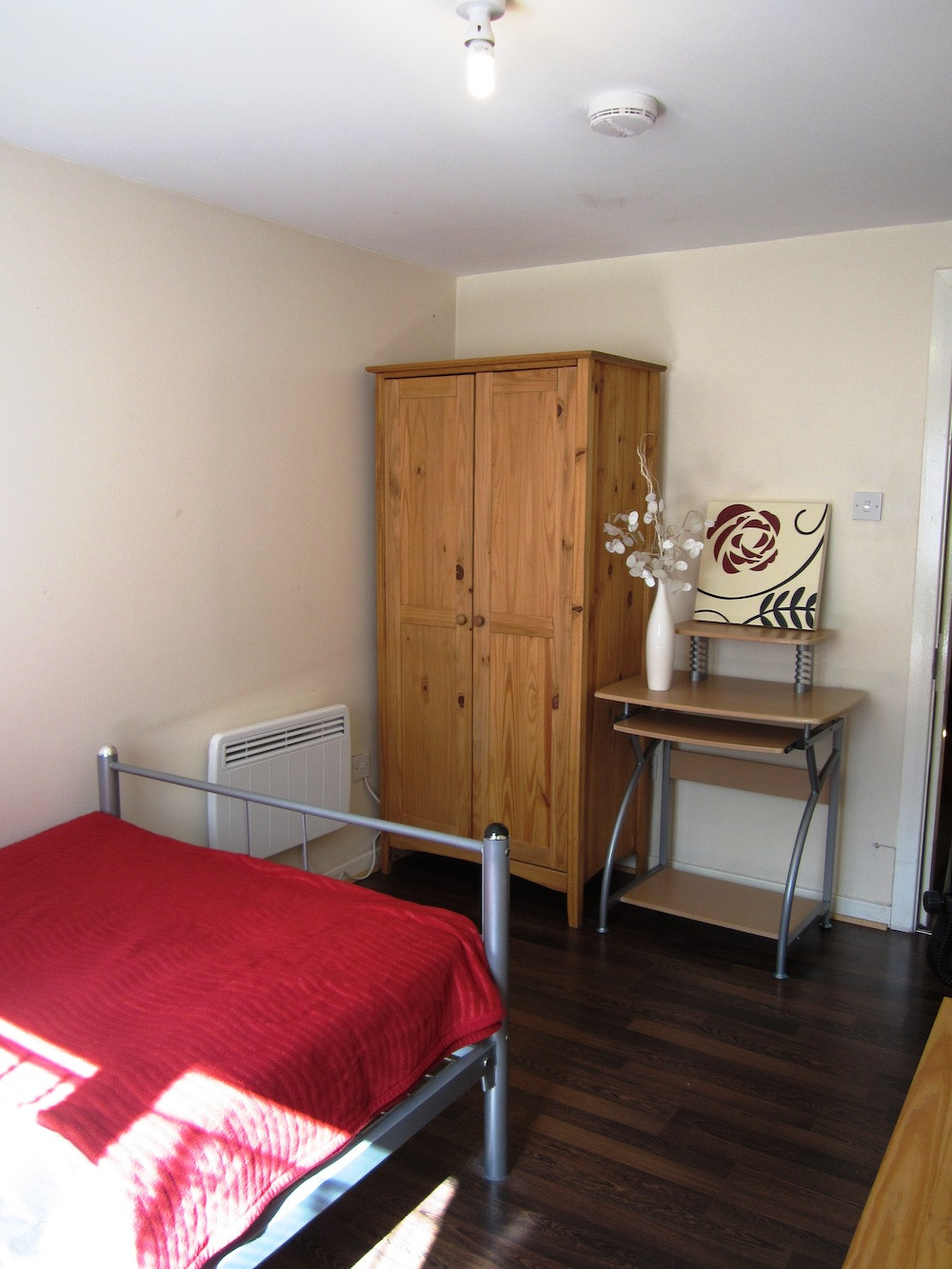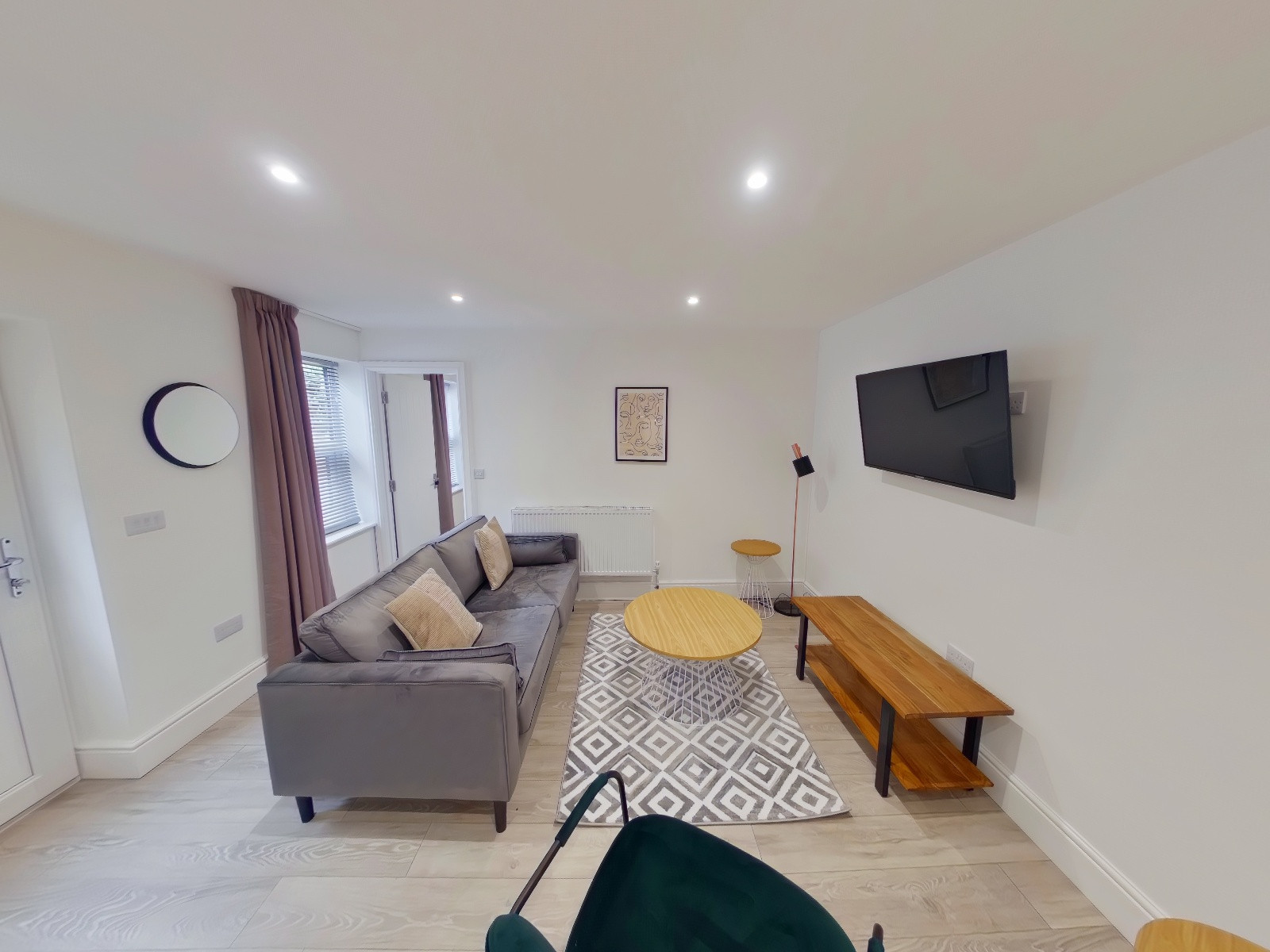Student Housing - Short Term vs Long Term Lets

Introduction
The easiest way to distinguish between short-term and long-term rentals is by their function, not the length of time they are rented out for.
A short-term rental, also known as a holiday let, is often a home that is rented out for up to six months at a time and serves as a temporary home for travellers and vacationers.
For people who do not want to own a home, long-term rentals, often known as buy-to-lets, offer a primary residence; these agreements typically continue for either 6 or 12 months at a time.
What is short term/ long term holiday let?
A short-term letting arrangement with residents is exactly what the name "short-term lettings" implies.
The agreement's tenure is normally no longer than six months, although it is sometimes only a few weeks or perhaps one night. Basically, anything from one night to six months, which is preferred by tourists (i.e., those searching for lodgings other than hotels), business travellers, and anyone in need of a temporary residence.
We refer to residents of short-term rentals and Airbnb hosts and guests, respectively.
Short-term rentals include both full single-family homes that are available for rent as well as live-in "hosts" who want to rent out a spare room in exchange for a small fee. And aside from the wonderful rewards, of course, that is exactly why it has gained so much popularity.
Knowing Airbnb, they are the blue-eyed lad of the "PropTech" universe, therefore of course they are one of the most successful methods of letting in the short-term world. Airbnb (similar to Rightmove and Zoopla) allows "hosts" to advertise their homes or extra rooms to visitors who are looking for short-term rentals. Given how aggressively they have advertised themselves, the term "short-lets" has been taken over by the brand Airbnb.
due to the following three factors:
Short-term rental rates are often higher than those for regular long-term rentals, with the average host making up to 30% more money. It's a reasonably flexible way for homeowners/hosts to generate money from extra rooms and unoccupied houses at any time of the year.
The worst-case scenario if you're stuck with a deadbeat visitor is that they're only staying for a "brief" time.
This sums up the main points, however for a more detailed examination of the distinctions between long-term and short-term leases, see here.
Long-term rentals, sometimes known as buy-to-lets, are typically defined as homes rented out for a minimum of six consecutive months. Instead of making an investment in their own home, persons who want to rent for an extended length of time might use buy-to-let properties as their primary residence. Long-term lease agreements are often set at six or twelve months.
What advantages can long-term rentals offer?
A stream of reliable revenue
- Although long-term rentals do not let you adjust your rates often due to response of demand, they do provide a monthly income that is guaranteed. Those searching for a secure investment can profit from the fixed income of buy-to-let cash flow.
- Holiday rentals may have the potential to bring in much more money for the owner, but there is no assurance that you will have reservations to fill your calendar. You will have a renter who will be paying you a specific amount of money under a long-term rental agreement.
Laid-back attitude
- There is no denying that long-term rental is not a walk in the park. A buy-to-let, however, can be the best option for you if you lack free time and are unable to handle frequent changeovers and cleaning tasks.
- Less frequent maintenance and other inspections are necessary because your tenants will be residing in your property for longer periods of time. Because it is a temporary residence for them, your tenants are more inclined to take good care of your property.
- Sykes' holiday let Managed Services are available if you don't believe you have time for the tiny details of vacation rental management. These services are tailored to your individual requirements.
Less additional expenses
- One advantage of long-term rental is that you may charge your tenants for the extra costs associated with renting out your house.
You don't have to pay for extra expenses like council tax and energy bills out of pocket. They might be included in your rental prices.
Conclusion:
Comparing short and long-term letting, we can differentiate that not necessarily one is better than the other, but both fill a certain role depending on the nature of the demand. As shown, short-term letting can bring more money for a short rent, but long term establishes security and consistency. Knowing how to play each method in desired situations, letting becomes much more efficient and profitable.

